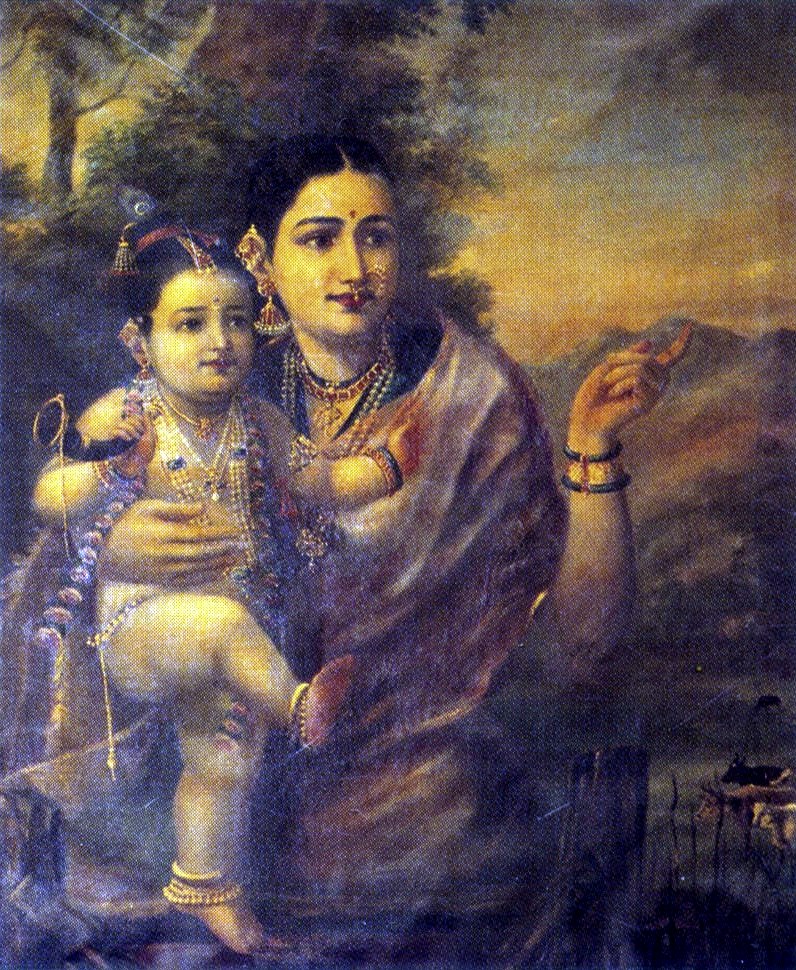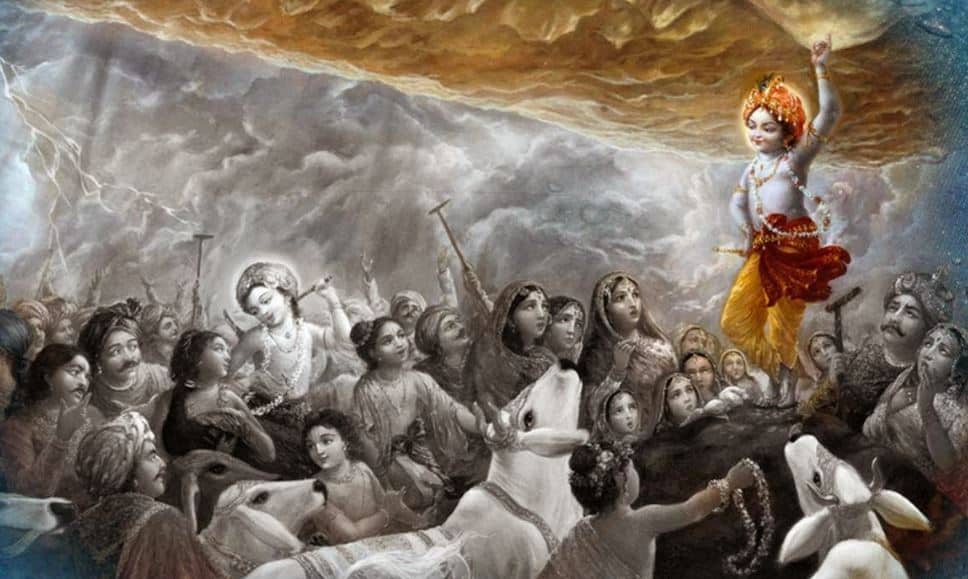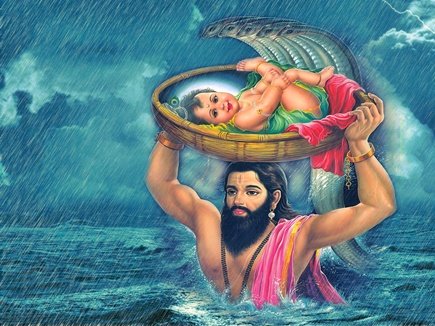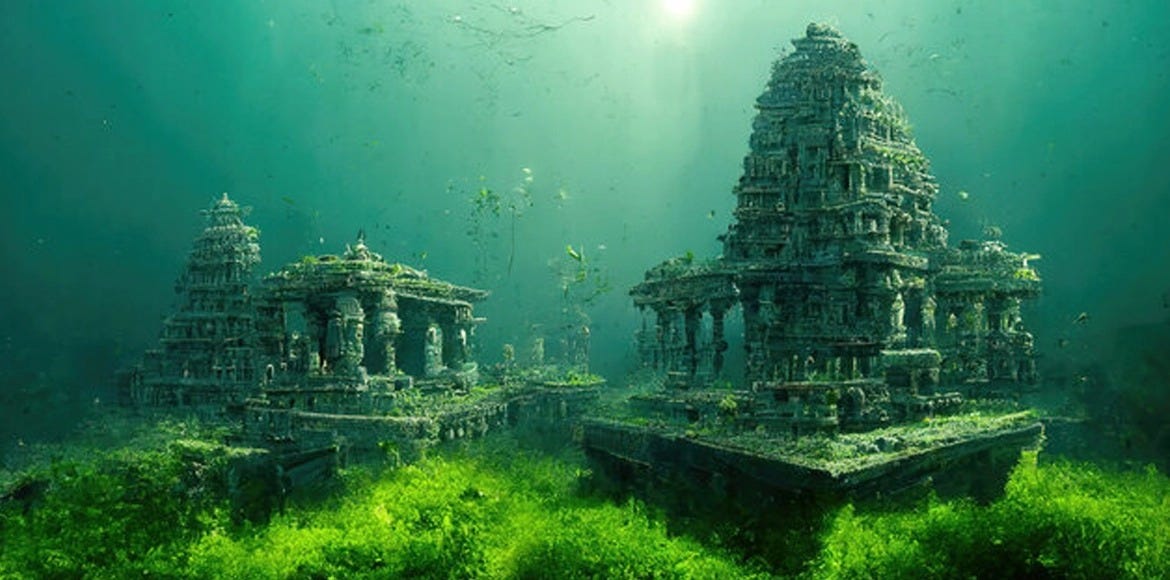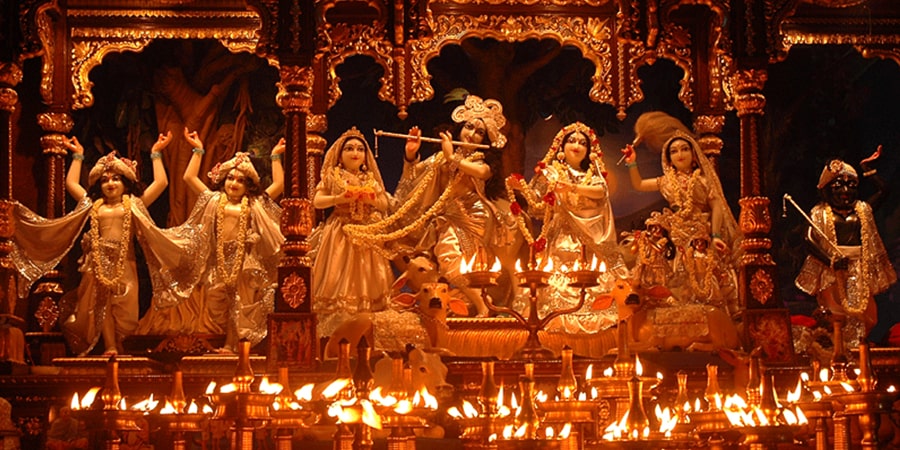| Posted on | entertainment
What is the historical background of the Krishna Janmashtami festival
One of the most well-known Hindu festivals, Krishna Janmashtami, commemorates the beginning of Lord Krishna, who is seen as Lord Vishnu's eighth avatar. For tens of hundreds of thousands of fanatics, this colorful festival—which has its roots in Indian mythology and culture—has wonderful spiritual and cultural importance. It is critical to analyze the festival's cultural importance, mythology, and historical context for you to preserve near its middle.
What is the History of Krishna Janmashtami?
Celebrated as Gokul Ashtami or Krishna Janmashtami, this excursion honors the birth of Lord Krishna, which is a concept to have occurred some 5,000 years in the beyond. Hindus believe that Krishna changed into born on the 8th day (Ashtami) of the darkish fortnight in the Rohini Nakshatra, or the month of Bhadrapada (August–September). The celebration of Janmashtami has become a vital event within the Hindu calendar because of this celestial alignment and the auspicious events surrounding his birth.
What is the Story About Janmashtami?
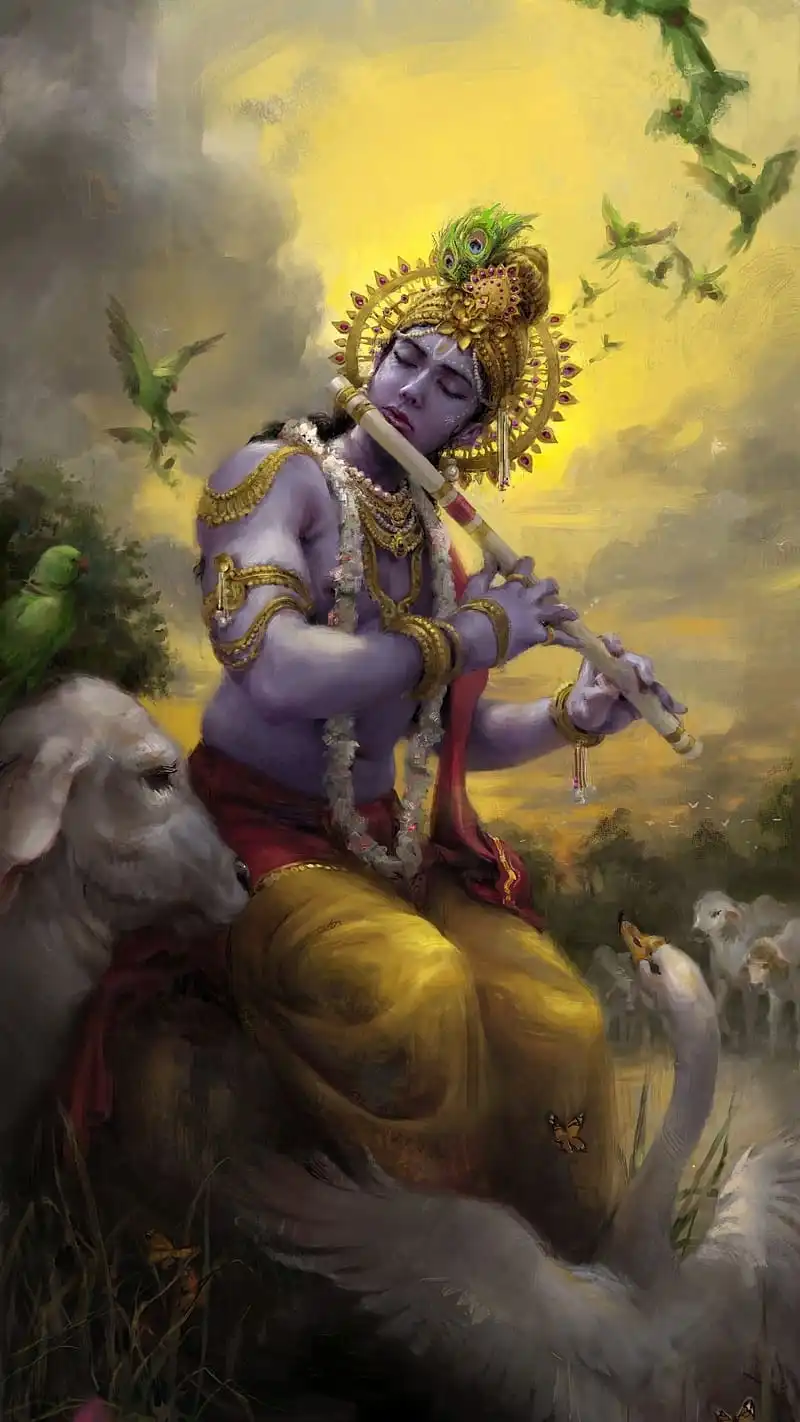
The story of Krishna's idea is charming and charming. Krishna is supposed to have been born in the Indian state of Uttar Pradesh all through the Dwapara Yuga, a time inside the Hindu cosmic cycle, in the metropolis of Mathura. Janmashtami's legend is cautiously associated with the wicked King Kansa, who imposed totalitarian rule over Mathura.
Devaki, Krishna's mother, had a despotic brother named Kansa. The prophecy stated that Devaki's eighth son would give up to Kansa's terrifying rule. As a retaliation, Kansa killed Devaki's first six youngsters and put her and her husband Vasudeva in prison. But the 7th youngster, Balarama, became amazingly moved to the womb of every other of Vasudeva's other halves, Rohini. The prison became flooded with celestial mild when Devaki conceived her 8th toddler, and Krishna was born at nighttime.
To preserve Krishna safe from Kansa, Vasudeva surreptitiously transported the little one over the Yamuna River to Gokul, in which the cowherd pair Yashoda and Nanda nurtured him. During his early years, Krishna lived in Gokul, Vrindavan, and Nandgaon, wherein he rose to repute for his supernatural antics and miracles. Growing up, Krishna played a key role in some of the myths and legends that contemplated his reputation as a heavenly hero and defender of dharma (goodness).
What are the Historical Facts About Krishna?
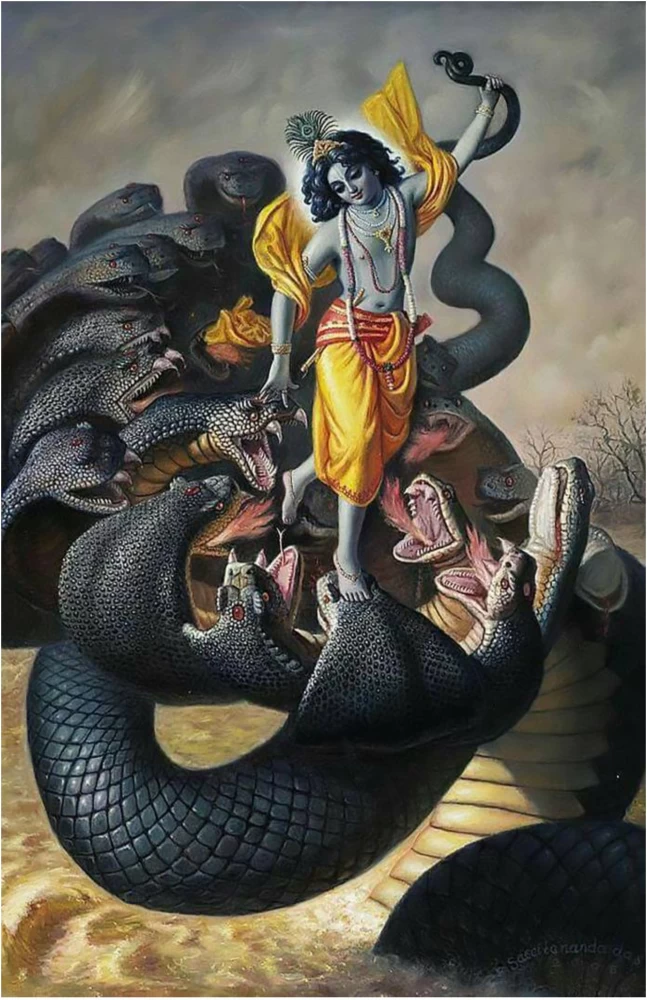
The Mahabharata and the Bhagavad Gita are two of the most famous Hindu scriptures owed to Krishna's existence and teachings. It might be tough to differentiate between historical fact and sacred narrative due to the fact myths and nonsecular ideals are entwined with historical information regarding Krishna. Nonetheless, it is normally typical that Krishna is a historical man or woman who made a large contribution to the Mahabharata, especially in his ability as Arjuna's charioteer and mentor.
The Bhagavad Gita, a documented book included in the Mahabharata, consists of classes from Krishna which can be seen as essential to Hindu spirituality and philosophy. Important thoughts covered within the Gita include obligation, righteousness, devotion, and the essence of the self. These thoughts have had an extensive impact on Hindu philosophy and practice.
Janmashtami Festival is Celebrated in Which State?
India celebrates Krishna Janmashtami with giant fervor, with nearby versions adding to the celebrations. Several well-known states have especially intricate Janmashtami fairs, consisting of:
- Uttar Pradesh: The most lavish Janmashtami celebrations take vicinity at Mathura and Vrindavan, the places of Krishna's delivery and early years. In honor of Krishna, temples are exquisitely embellished, and celebrations which include Jhulanotsav (a swing festival) and Raslila (dramatic reenactments of Krishna's life) are held.
- Maharashtra: The Dahi Handi party on Janmashtami is famous in Pune and Mumbai. A pot of curd (Dahi), that's suspended excessively above the floor and represents Krishna's playful man or woman and his love of butter, is broken using corporations of younger guys known as Govinda’s forming human pyramids.
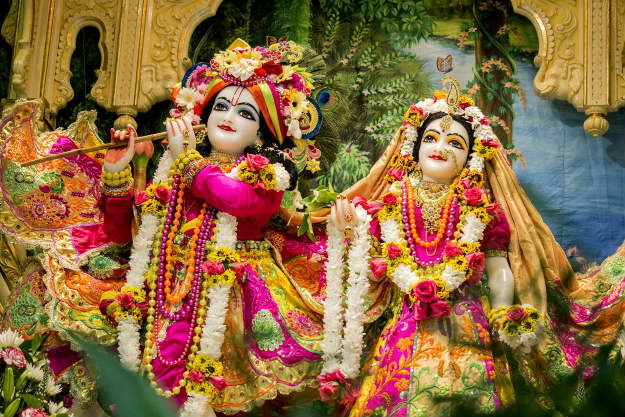
- Gujarat: The festival is discovered with devotional tune-singing, fasting, and loads of religious rites in Dwarka, the historical town concept to be Krishna's nation. Devotees take part in special prayers and processions, and the temples in Dwarka are decked with lighting and plants.
- Manipur: The state celebrates Janmashtami in a unique style that mixes elements of the indigenous subculture with traditional Vaishnavism. Devotional singing, dancing, and religious talks take place in Krishna temples.
- South India: To commemorate Janmashtami, states like Tamil Nadu and Karnataka draw problematic kolams (rangoli styles) and enhance their houses with tiny footprints, which represent the entrance of Krishna. To have a good time, temples hold particular pujas and rituals.
Cultural Importance of Janmashtami
Beyond its religious significance, Krishna Janmashtami has tremendous cultural significance. It acts as a reminder of the eternal training and virtues that Krishna taught, consisting of the price of leading an ethical lifestyle and the virtues of love, compassion, and humility. A recurrent difficulty in Hindu philosophy, the festival highlights the perception of heavenly protection and the eventual victory of suitable over evil.
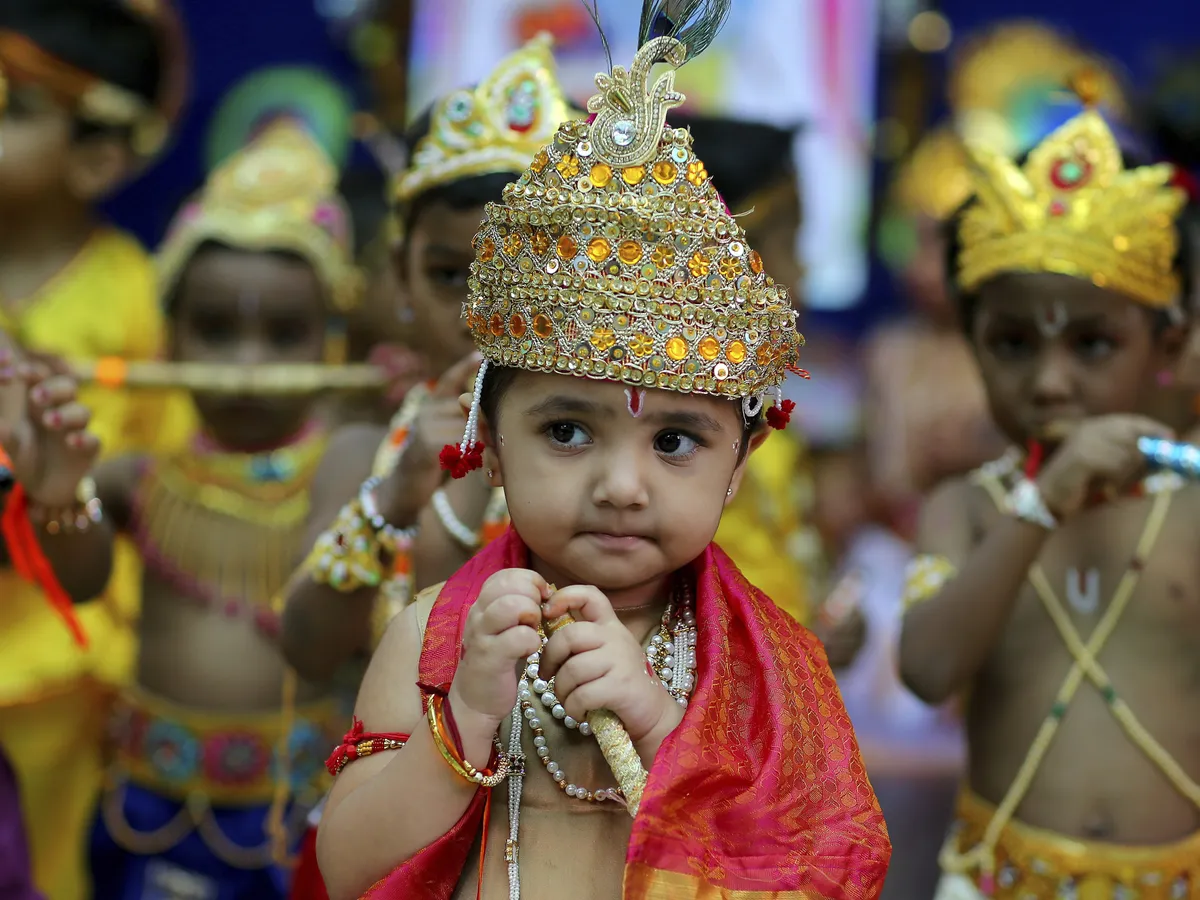
The Hindu mythology and the biography of Lord Krishna provide a sturdy historical foundation for the birthday celebration of Krishna Janmashtami. The competition is extensively celebrated all through India, with every kingdom having its one-of-a-kind customs and ceremonies, which emphasize both the festival's cultural relevance and the global appeal of Krishna's teachings. In addition to commemorating the delivery of a loved deity, fans of Krishna celebrate Janmashtami to reiterate the undying beliefs of affection, devotion, and righteousness that Krishna personified.
0
0 Comment

